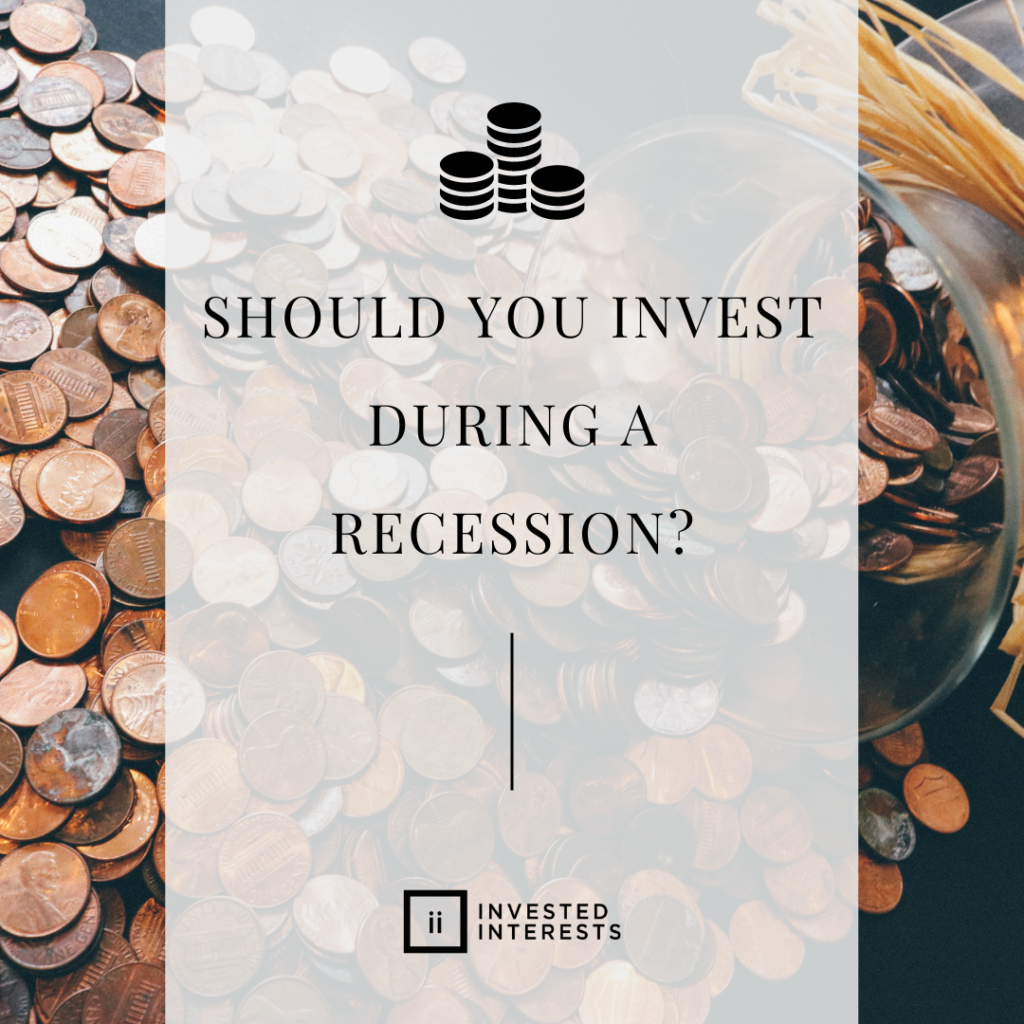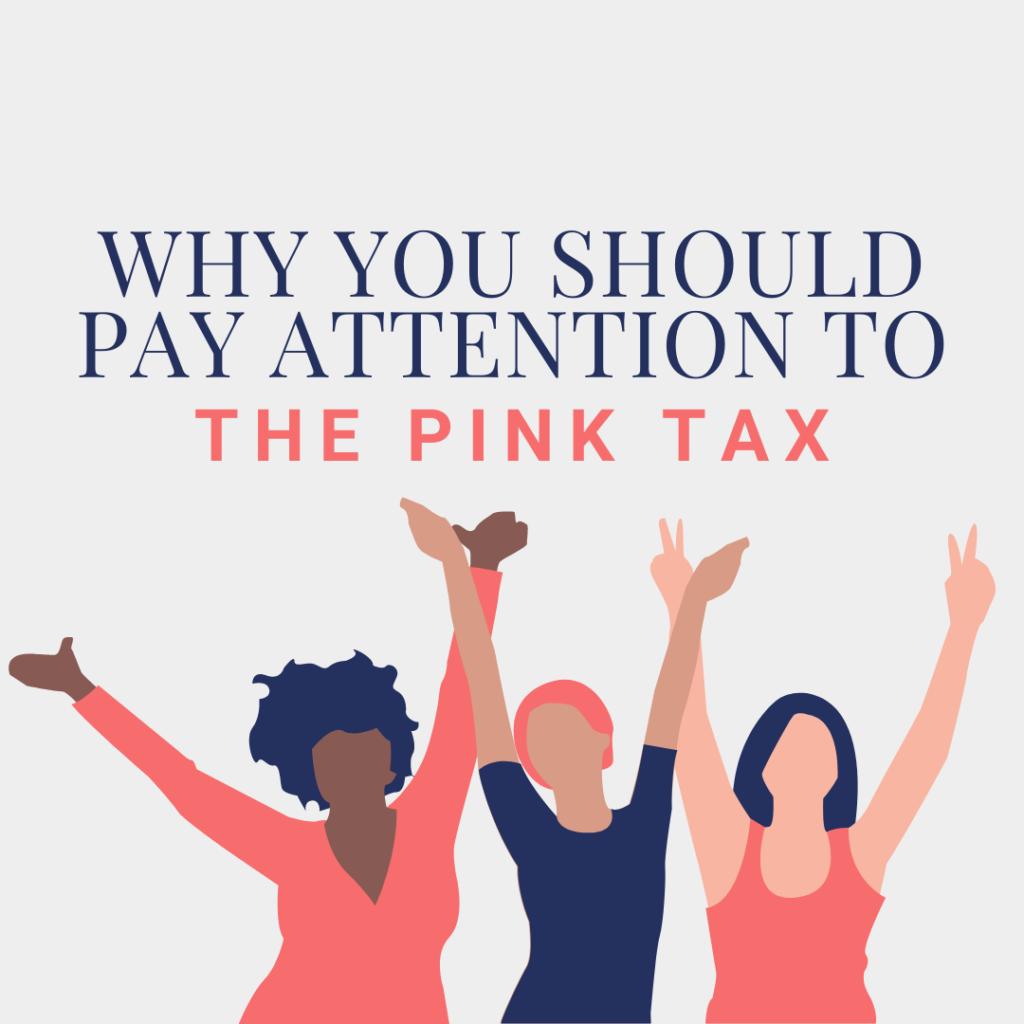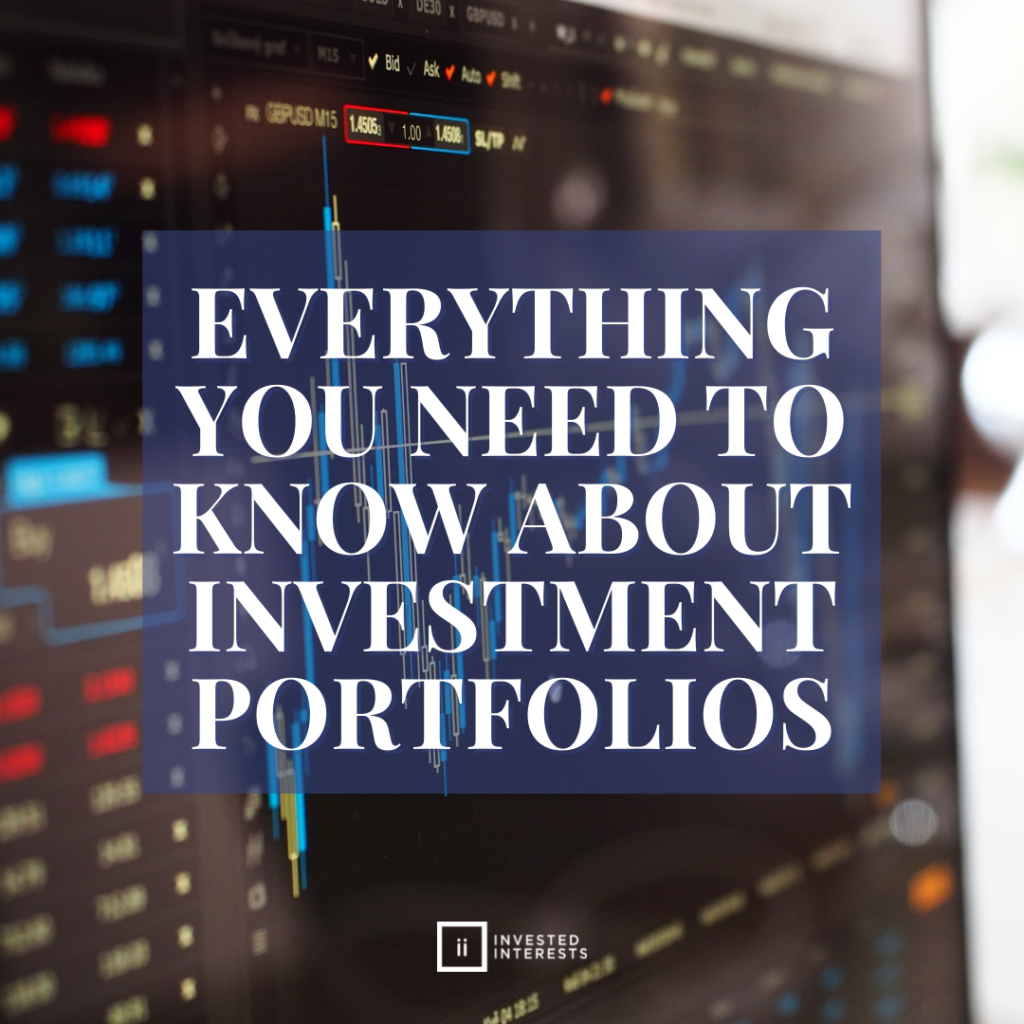During a recession, stock values often decline. However, where there is a high reward, there is often more risk. Let’s talk about whether or not investing during a recession is a good choice.
What is a Recession?
During a recession, investors need to be more careful about how they are spending their money. This is because, during a recession, there is a period of economic decline within a certain region. This is often defined by two consecutive quarters of economic decline. However, the National Bureau of Economic Research (NBER) is able to use monthly data to better determine if there is a recession.
Recessions Bring More Than Economic Loss
It is important to know recessions are not just about economic loss. Often, there are many other characteristics that signify a recession. For example, widespread unemployment, fewer available jobs, and more government relief. Ring a bell?
The Great Recession of 2008
You may also recall the 2008 recession, also known as the Great Recession. This was the greatest economic downturn in the United States since the Great Depression, which occurred during the 1930s. This recession began with the U.S. housing market crash in 2007. In response to the Great Recession, various policies were passed to help prevent future severe economic decline. However, as we eventually recovered, we are constantly learning how to prevent future recessions from occurring.
How Does a Recession Impact Investing?
The bottom line is during a recession stock prices typically plummet.
Therefore, the value of your stock typically falls as well, meaning your investments lose money. This is when investors’ fight or flight response kicks in. People often immediately take out their money from their stocks. When investors are worried, they tend to start selling riskier investments, like stocks, and start shifting their money to investments like bonds, since bonds are safer than stocks.
Should You Take Your Money Out of the Bank During a Recession?
Not everyone needs to take out their money from the stock market during a recession. This often depends on your financial well-being, however, there are many reasons why people choose to keep their money in the stock market. For example, some companies’ stocks may be undervalued and others may have business models that make them more resilient to downturns such as a recession.
Additionally, it is important to keep in mind that historically, we have learned we will recover from recessions. This is why we think about investing as planning for the long run. After all, they are called investments for a reason.
Should You Invest During a Recession?
This all depends on your financial well-being. If your financial situation is strong, that means you are more resilient when it comes to risk. Therefore you might be better suited to invest during a crisis. On the other hand, if your financial situation is not very strong it might be better for you to hold off. The thing is, there’s always going to be worse times and better times to invest.
Investing During a Recession Requires Consistency
Since no one can predict when those times are going to happen, one of the best techniques is to invest consistently (i.e. investing a certain $/mo automatically) no matter what’s going on in the economy/market. This is also known as dollar-cost averaging. Dollar-cost averaging takes the guesswork out of the process and allows an investor to buy more when prices are low and less when prices are high. In addition, dollar-cost averaging takes the emotion out of the process, which can be an investor’s worst enemy. It gets rid of guessing and makes investment a consistent habit. Dollar-cost averaging gives you the opportunity to grow your investments at a steady pace over time.
Investing During a Recession Requires Diversification
When making consistent investments, it also makes sense to place those funds into a well-diversified portfolio. Like the saying “don’t put all your eggs in one basket,” diversification can protect you from big declines when the market does take a big turn by being invested at all times in assets that react differently in different markets (strong markets, weak markets, inflationary markets, deflationary markets, etc.).
At the end of the day, the decision for investing during a recession is completely up to you. Being that we, at Invested Interests, know a thing or two about investing, we might be a little biased. However, there is plenty of research to be done to discover if this decision is right for you.
How Can You Invest During a Recession?
Choosing whether or not to invest during a recession can be scary. There is so much uncertainty when the economy hits a downturn. The best thing to do is know your priorities, diversify your investments, and invest strategically. At Invested Interests, we are able to help you every step of the way.
At Invested Interests, we help you create a diversified portfolio with mutual funds that only contain companies that align with your values. That way, you’re not only investing in your future, and keeping risk at a minimum if a recession happens, but you’re also aligning your investments with the social issues you most care about.
If you are interested in starting your investment journey, no matter the conditions of the economy, we would love to hear from you. Reach out to us here to get started with Invested Interests!




